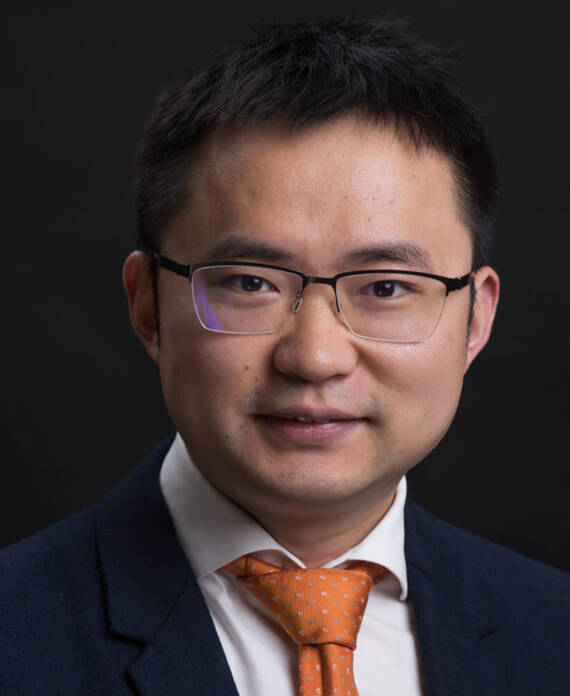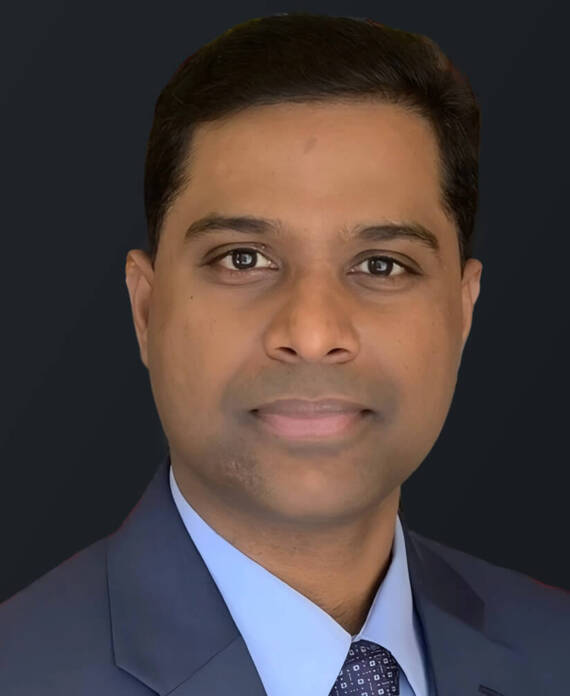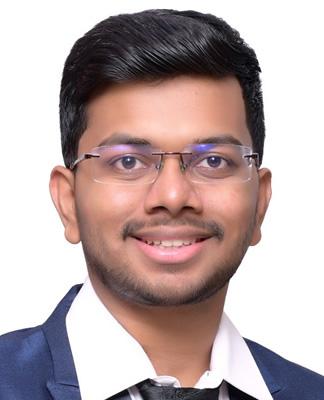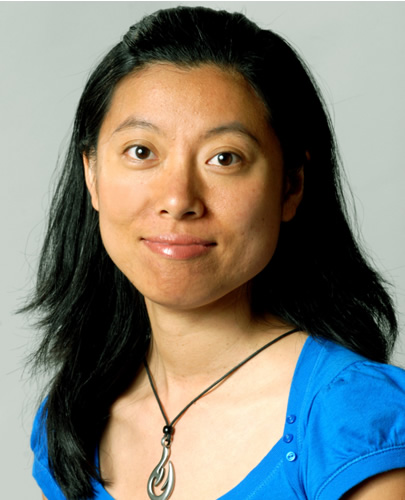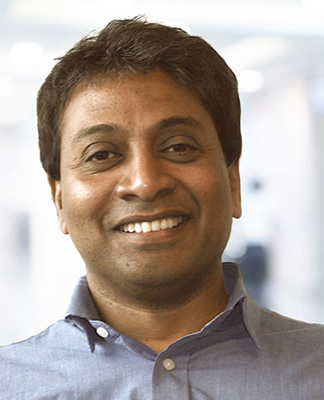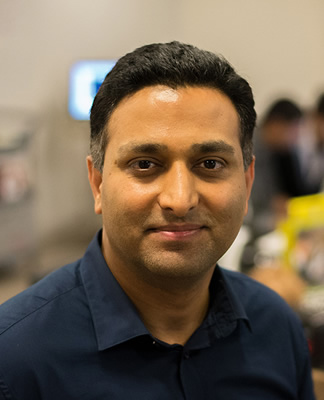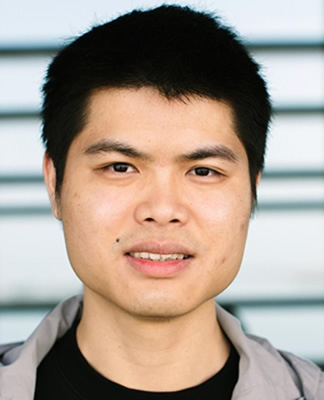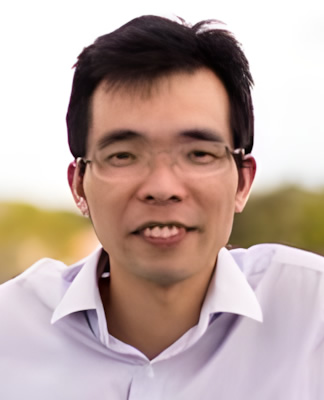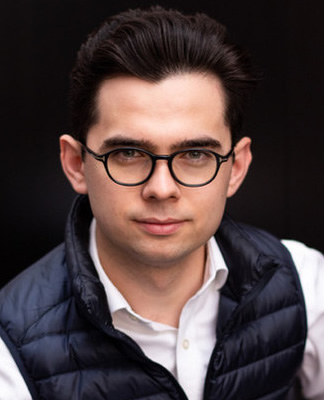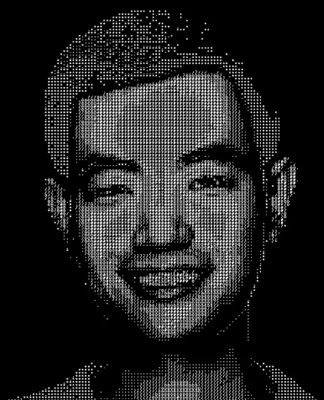

ORGANIZERS
Bangdao Chen, DPhil
Ramesh Ramadoss, PhD
Adaku Jennifer Agwunobi
Shubham Mukkawar
SPEAKERS
Rich Sutton
Philip H.S. Torr
Dawn Song
Paul Brody
John deVadoss
Denis Rothman
Achim Struve
Ramesh Raskar
Bangdao Chen
Tom Taulii
Simran Chana
Guohao Li
Quanlong Wang
Adaku Jennifer Agwunobi
Kisso Selvan
Joshua Bate
PANELIST
Jasper De Maere
David Tilšer
Dimo Dimov
João Vasco Martins
Lincoln Muir
Vitalii Yatskiv
Ben Schiller
Alex Odagi
Gengmo Qi
Irene Wu
Richard Muirhead
Tom Shaughnessy
Gui Silva
AGENDA
Description
The internet is on the brink of a profound transformation. The vision of AI agents—intelligent digital assistants acting autonomously on behalf of individuals and organizations—is becoming a reality. This “Agentic Internet” will soon be populated by trillions of AI agents making decisions, executing tasks, and engaging in commerce without direct human supervision. This transformation presents significant challenges that must be addressed to ensure a secure, fair, and trustworthy digital ecosystem. The goal of this forum is to bring together academic experts, industry leaders, and entrepreneurs to address the challenges and opportunities presented by this transformation.
Organizers
Bangdao Chen, DPhil, Co-Founder, Oxford Blockchain Research Centre
Ramesh Ramadoss, PhD, Chair, IEEE Blockchain Technical Community
Adaku Agwunobi, PhD, President, Oxford Blockchain Society
Shubham Mukkawar, OBS Core Team Lead & MBA Student, Saïd Business School
Speakers Agenda (Feb 7th, 2025 | 9:00-5:00 PM (GMT
Morning Session
9:00-9:05
AM
Welcome
Bangdao Chen, DPhil
Speaker
Co-Founder, University College Oxford Blockchain Research Centre (In-Person)
9:05-9:20
AM
Opening Remarks
Dawn Song, Professor
Speaker
UC Berkeley (Remote)
9:20-9:45
AM
Keynote
Paul Brody
Speaker
Global Blockchain Leader, EY, and Chairman, Enterprise Ethereum Alliance (In-Person)
9:45-10:00
AM
Adaku Jennifer Agwunobi
Speaker
President, Oxford Blockchain Society (In-Person)
10:00-10:20
AM
Kisso Selvan
Speaker
President, Cambridge Blockchain Society and BD & Growth, KRNL Labs (In-Person)
10:20-10:40 AM Coffee Break
10:40-11:05
AM
Keynote
Quanlong Wang
Speaker
Senior Research Scientist, Quantinuum (In-Person)
11:05-11:20
AM
Simran Chana
Speaker
Director, Frontier Technologies Lab, University of Cambridge (In-Person)
11:20-11:35
AM
Achim Struve
Speaker
Token Engineering Lead, Outlier Ventures (In-Person)
11:35-11:45
AM
Joshua Bate
Speaker
Founder, DeSci World (In-Person)
11:45 AM -12:30 PM Panel: AI Agents on Blockchain
Moderator: Jasper De Maere, Head of Research, Outlier Ventures (In-person)
Panelists:
David Tilšer, CTO, CleevioX (In-person)
Dimo Dimov, Co-Founder, Blocksense (In-person)
João Vasco Martins, Co-Founder, Degenmarkets (In-person)
Lincoln Muir, Associate Product Manager, Coinbase (Remote)
Vitalii Yatskiv, CTO, Boosty Labs (Remote)
12:30-1:30 PM Lunch
Afternoon Session
1:30-1:55
PM
Keynote
Philip H.S. Torr, Professor
Speaker
Department of Engineering Science, University of Oxford (In-Person)
1:55-2:10
PM
John deVadoss
Speaker
Co-Chair AI, GBBC (In-Person)
2:10-2:25
PM
Tom Taulii
Speaker
Author of Building Generative AI Agents (Remote)
2:25-2:40
PM
Denis Rothman
Speaker
Generative AI Expert (Remote)
2:40-3:00 PM Coffee Break
3:00-3:25
PM
Keynote
Guohao Li
Speaker
Founder, CAMEL AI (In-Person)
3:25-3:45
PM
Bangdao Chen
Speaker
Co-Founder, Oxford Blockchain Research Centre (In-Person)
3:45-4:00
PM
Rich Sutton
Speaker
Founding Father, Computational Reinforcement Learning (Remote)
4:10-5:00 PM VC Panel on AI Agent
Moderator: Ben Schiller, Managing Editor, CoinDesk
Panelists:
Alex Odagi, Investment Director, YZi Labs (in-person)
Gengmo Qi, Partner, Dragonfly (Remote)
Gui Silva, Managing Partner, Tagus Capital (in-person)
Irene Wu, Venture Partner, Bain Capital (Remote)
Richard Muirhead, Chairman & Managing Partner, Fabric Ventures (in-person)
Tom Shaughnessy, Co-Founder, Delphi Ventures (Remote)
5:00-5:15
PM
Ramesh Raskar
Speaker
Associate Professor, MIT Media Lab (Remote)
5:15-5:30
PM
Closing Remarks
Ramesh Ramadoss
Speaker
Chair, IEEE Blockchain Technical Community (In-Person)



